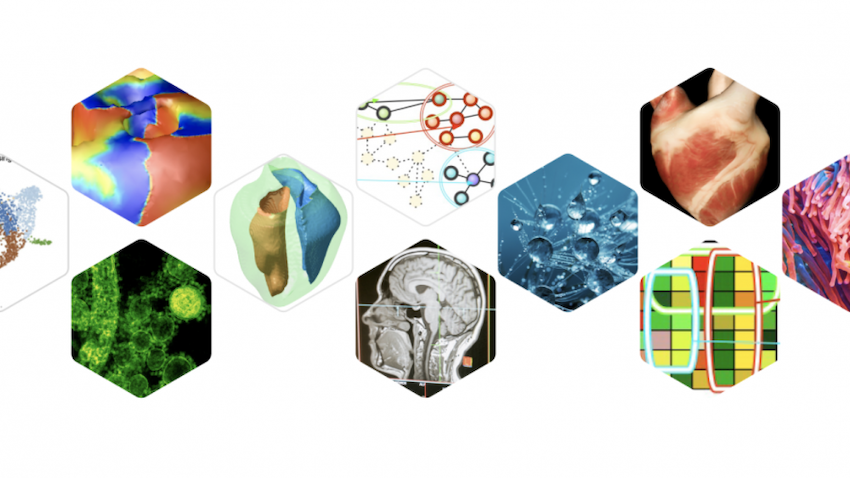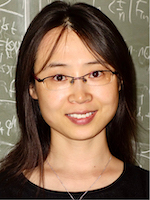
Computational Bioscience and Biomedicine
Computational bioscience and biomedicine are divided into several already established and fast-growing areas - bioinformatics, computational genomics, mathematical and systems biology, and biomedical and public health informatics.
Exponentially increasing volumes of biological and biomedical data are generated by high-throughput technologies deciphering the structure and function of biomolecules as well as living cells and tissue. Algorithms introduced for analysis and interpretation of biological and biomedical data have made a profound impact on bioscience, biotechnology, and medicine. A common core of computational methodologies successfully applied in bioscience and biomedicine has a unifying set of ideas that come from ODE and PDE dynamical systems and control, numerical optimization, string and graph algorithms and graphical models, machine learning and parallel algorithms.
Current strengths in CSE in the computational bioscience and biomedicine is in developing algorithms for:
- machine learning and inference of functional information from genomes & metagenomes and single cell sequencing data
- analysis of gene expression data and reconstruction of biological networks
- molecular detection of pathogens
- identification of genetic factors contributing to disease
- modeling of multi-scale biomedical systems
- public health informatics
Georgia Tech has a broad ecosystem in computational bioscience and biomedicine. CSE faculty collaborate with their peers in the Schools of Biological Sciences, Chemistry & Biochemistry, Mathematics, Physics, Industrial and Systems Engineering and Biomedical Engineering (a joint department with the Emory School of Medicine).
Related links:
Bioinformatics graduate programs
Institute for Bioengineering and Bioscience
Institute for Data Engineering and Science (IDEaS)
CSE Faculty specializing in Computational Bioscience and Biomedicine research:







